Are you looking for a new shed to store your outdoor tools and equipment, but can’t decide between vinyl or wood? Both materials have their advantages and disadvantages when it comes to sheds. Let’s examine the contrasts between vinyl and wood sheds in order to help you choose the best option for your requirements. We will examine various factors including durability, maintenance needs, design choices, cost considerations and other relevant aspects. By understanding the pros and cons of both materials, you will be able to determine which one is right for you.
Finding The Best Shed Material For You
To find the most suitable material for your shed, you should take into account several factors.
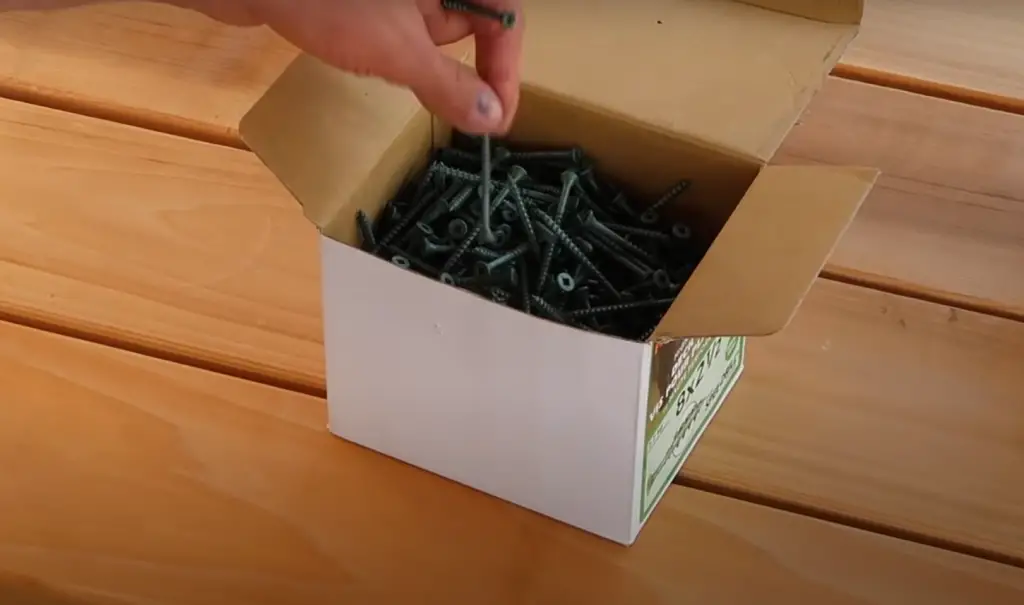
Durability, maintenance requirements, design options and cost are all important considerations when choosing between vinyl and wood sheds.
Maintenance Needs
When it comes to upkeep and maintenance, a wooden shed typically requires more attention than a vinyl shed. Wood sheds tend to require regular treatments with sealants or wood preservatives in order to keep them looking good as well as prevent water damage, rot, and insect infestations. Additionally, if you live in an area that experiences extreme temperatures or weather, you may need to consider replacing your wood shed every few years.
Durability
Vinyl has the advantage when it comes to durability.
The thick walls of vinyl panels make them more resistant to cracking or breaking than wood components. Wood sheds are also durable but require more maintenance to keep them looking new over time. The wood siding needs to be stained or painted every few years in order to prevent rot, moisture damage and insect infestations. Additionally, if the shed isn’t built on a level surface, it can warp over time causing structural damage. [1]Longevity
When it comes to longevity, the main difference between vinyl sheds and wood sheds are how each material handles weathering. Vinyl sheds are more resistant to sun exposure and harsh weather than wood sheds, making them a great choice for areas with extreme hot or cold climates. Since they don’t require much maintenance, you can expect these sheds to last for several years.Wood sheds, on the other hand, require more maintenance and are more susceptible to damage caused by sun exposure and extreme weather conditions. Since wood is an organic material, it will eventually rot if not treated and maintained properly. A wood shed can last for many years if properly maintained.
Price
Vinyl sheds are generally cheaper than wood sheds. This is because vinyl is a more widely available material, and it requires less labor and maintenance to produce compared to wood.
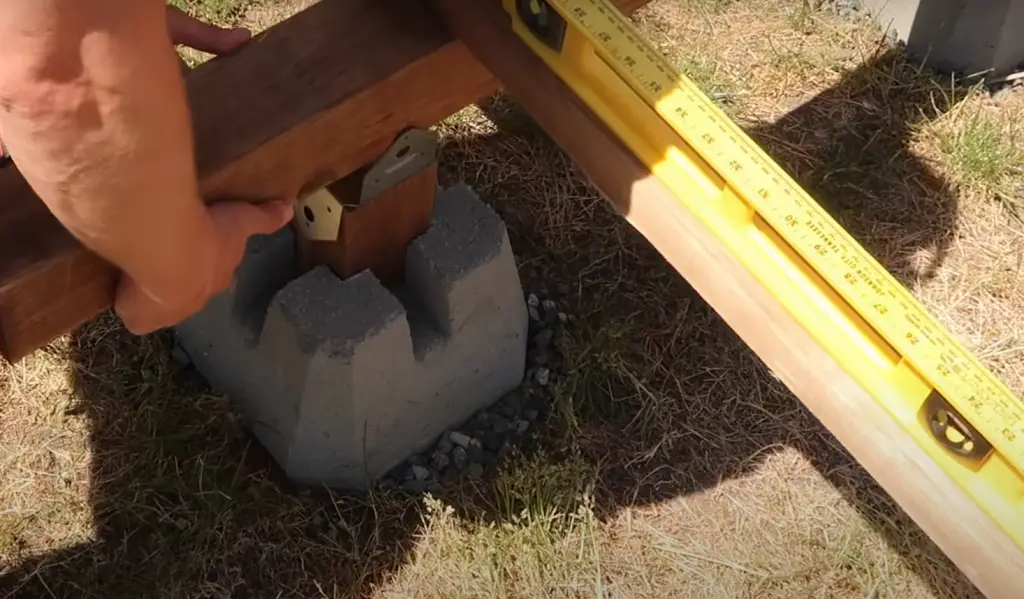
Vinyl sheds come in many different sizes and styles to fit your needs, while wooden sheds might require custom construction.
Matching Your House
One of the biggest differences between vinyl and wood sheds is how well they match your house. Vinyl sheds come in a variety of colors, but typically have a glossy sheen that isn’t always the best look for traditional homes. Wood shed options are more varied in terms of look and finish, allowing you to better match the style of your home. However, wood sheds require more upkeep to maintain their appearance and will need to be repainted every few years.[2]
Lifespan
When it comes down to the lifespan of a wood and vinyl shed, there are some major differences.
This is due to their durability and the ability to weather heavy storms. The thicker walls and the UV-resistant coatings make vinyl sheds more resistant to elements such as strong winds, rain, snowfall, and even hail. Additionally, since they are made of plastic instead of wood, they are less likely to rot or warp over time and will not require as much maintenance. In terms of repair costs, wood sheds may require more repairs and maintenance due to the need to replace parts such as doors or roofs, whereas vinyl sheds may not require any repairs for years.Risk Of Rot
When it comes to outdoor buildings, the risk of rot is a major concern. Wood sheds are more susceptible to rot than vinyl sheds because wood is porous and absorbs moisture from the air around it. This can lead to mold, mildew, and eventually structural damage as the wood decays over time. Vinyl sheds are much less prone to rot because they are non-porous and less likely to absorb moisture. With minimal maintenance required, this enables them to preserve their structural integrity for many years. Additionally, vinyl sheds can be treated with a preservative or sealant to further reduce the risk of rot.
Style
Vinyl sheds have a classic plastic look while wood sheds offer more traditional charm.
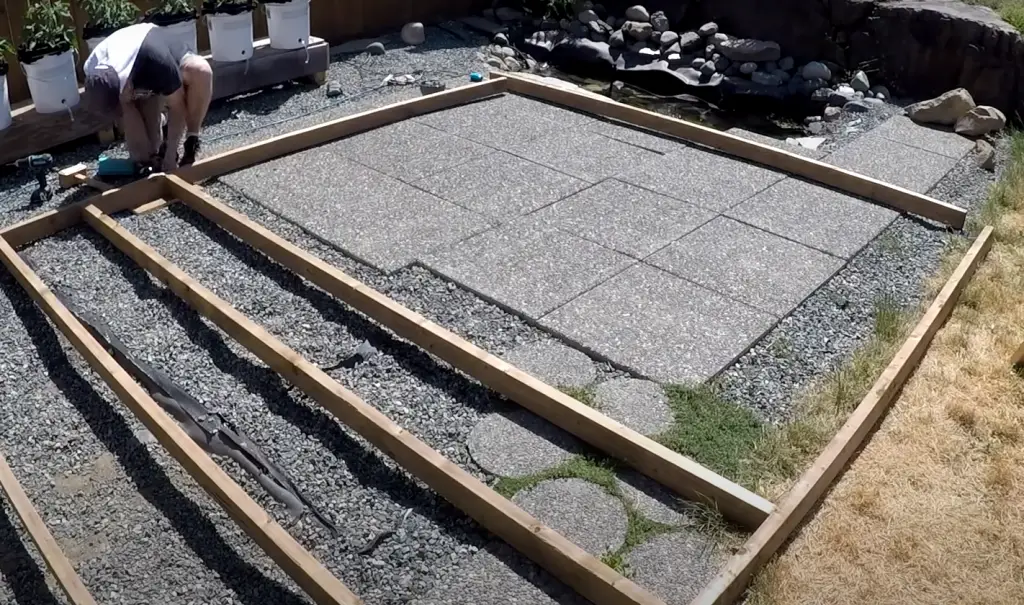
Vinyl shed exteriors are available in neutral colors that can coordinate with the existing outdoor environment, while wooden sheds generally come in natural colors such as tan, brown, or gray. Wood sheds have more options for customization and additional features like windows, which vinyl sheds lack. [3]
Never Compromise On Amish Quality
No matter what material you choose for your shed, when you buy from Amish Yard, you’re getting a product of superior quality that speaks to the craftsmanship and experience of our builders. As durable as vinyl and wood both are, they each have their own unique benefits that may make one the right choice for you depending on your unique requirements and needs.
Vinyl sheds are an excellent choice for those who want a lightweight, low-maintenance option. Vinyl sheds come in neutral colors that never require painting or staining, and they won’t rust or dent like metal buildings might. They’re also more affordable than wood buildings with comparable sizes, and they’re easier to assemble since many come in ready-to-assemble kits.
On the other hand, wood sheds provide a classic look that may fit better with certain types of homes and landscapes. Wood builds are more expensive than vinyl, but their classic style can add charm to any backyard or garden. Plus, they’re durable and can be customized to fit your exact needs. You can add windows, lofted ceilings, extra doors- you name it!
Why To Avoid Hardware Store Sheds
When you’re in the market for a shed, it’s important to be aware of the differences between vinyl and wood sheds. Depending on your needs, one may be better than the other. It’s also important to note that hardware store sheds are rarely of higher quality than those found at specialty retailers.
Hardware store sheds are often made from inferior materials and are not designed to last over time. They may be cheaper than other sheds, but the quality of construction is usually sub-par. Plus, since they are mass produced with little customization options, you won’t get a shed that fits your exact needs.
Vinyl sheds offer superior protection against all types of weather conditions. Plus, they are incredibly low maintenance and require little upkeep over the years. On the other hand, wood sheds must be regularly painted or stained in order to protect them from weather damage.
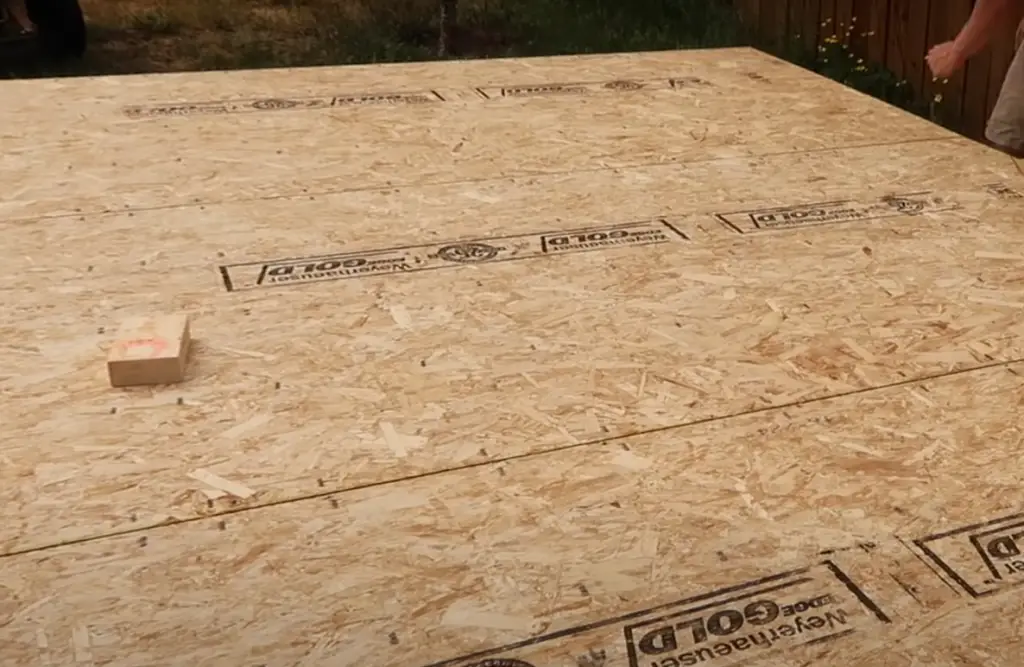
In terms of cost, vinyl sheds may initially be more expensive than wood sheds. However, the long-term benefits of a higher quality product often outweigh the short-term savings. Plus, when you buy a shed from a specialty retailer, you are more likely to get one that is customized to your needs and will last longer.
Overall, if you’re in the market for a shed, it’s best to avoid hardware store sheds. Despite their lower costs initially, they may not be worth the investment in the long run.
FAQ
Is vinyl good for sheds?
Yes! Vinyl is a great material to use for sheds. This option is highly durable and requires little maintenance, which makes it perfect for outdoor storage buildings. In fact, vinyl is so strong that it can withstand extreme temperatures, heavy rain and snowfall, as well as regular wear and tear without any problems. Plus, since it’s made from 100% recyclable material, it’s an environmentally friendly choice.
Which shed material is best?
When it comes to deciding which shed material is best, there are several factors that need to be considered. Vinyl and wood sheds each have their own advantages and disadvantages. Vinyl sheds are low-maintenance and resistant to water, pests, rot, and mildew. They tend to be lightweight and easy to install compared to wood sheds. On the other hand, wood sheds are more aesthetically pleasing and can give a property a classic, rustic feel. Wood is also durable and easy to repair if it becomes damaged or worn. The choice between a vinyl and wood shed ultimately comes down to your individual needs, preferences, and budget. If you’re looking for a low-maintenance and cost-effective solution, vinyl may be the way to go. However, if you’d like a more attractive and classic-looking shed, wood may be the better option. Whichever material you choose, make sure you buy your shed from a trusted retailer or manufacturer to ensure quality materials and workmanship.
How long do vinyl storage sheds last?
Vinyl storage sheds are designed to provide a lifetime of maintenance-free use. They are highly durable, and with proper care can last for decades. Vinyl is also resistant to fading and cracking, so it will keep its good looks over time. Most vinyl shed manufacturers provide an extended warranty period that covers all defects due to material or workmanship. Wood sheds, on the other hand, will require regular painting and maintenance to protect them from weathering or rotting over time.
What is the strongest type of shed?
When it comes to sheds, strength is an important factor to consider. Generally speaking, wood sheds are stronger than vinyl sheds and are less likely to suffer from structural damage due to weather or other external factors. They also tend to be more aesthetically pleasing since they can be customized with different colors and finishes. Furthermore, wood sheds typically require fewer repairs over the years due to their sturdiness. On the other hand, vinyl sheds are more lightweight and can be moved around with ease. In addition, plastic sheds are often cheaper than wooden sheds and need very little upkeep. Finally, vinyl sheds are usually resistant to rot and insect infestations, making them a great choice for areas where these issues are common.
Do plastic sheds last longer than wood?
The answer to your question varies based on what material was used to build the shed. Vinyl sheds are typically more durable than wood sheds, as they are made from a more resilient and water-resistant material. Vinyl sheds also require less maintenance than wood sheds, which often need to be treated or sealed periodically in order to prevent mold and rot. However, wood sheds can offer more aesthetic options than vinyl sheds and may also provide better insulation in certain climates. Ultimately, it is important to consider the local climate, your budget, and your style preferences when selecting between a plastic or wooden shed.
Are vinyl sheds waterproof?
Vinyl sheds are completely waterproof, since the material is inherently impervious to water. This makes them ideal for storing outdoor items and tools in rainy or wet climates where water can seep into wood sheds. As such, they are an excellent choice for those looking for a shed that will stand up against inclement weather without needing additional waterproofing or maintenance.
Is vinyl more durable than wood?
When it comes to durability, vinyl sheds are more resistant to water damage and impacts from wind, hail, snow and ice than wood. Vinyl also requires much less maintenance than wood over time.
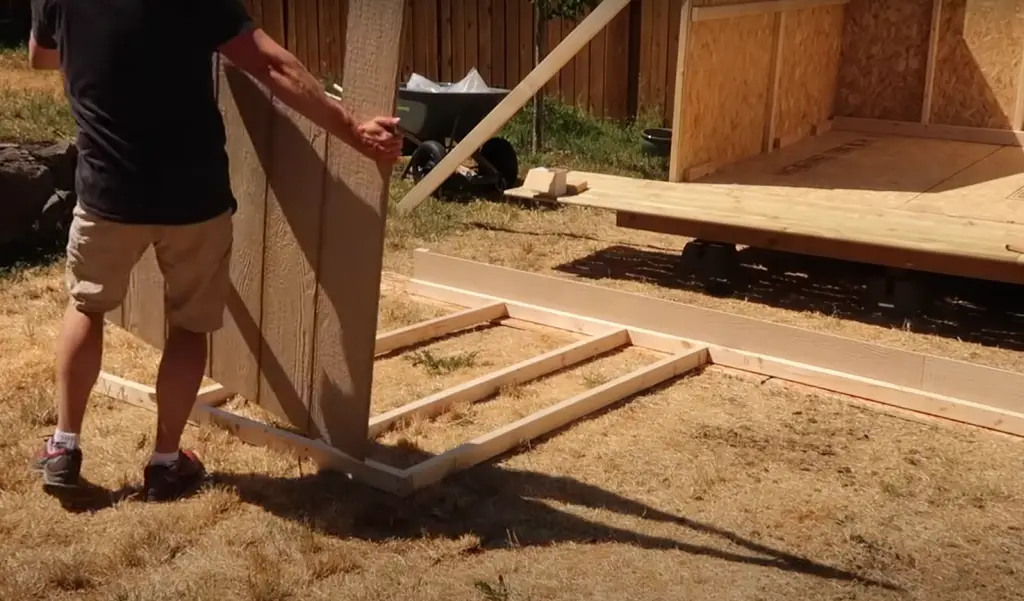
Wood is generally more susceptible to rot or weathering and will need additional protection against the elements as well as regular painting/staining over time. In addition, many vinyl sheds come with a lifetime guarantee, so you can be sure of their quality and longevity. On the other hand, wood is often more aesthetically pleasing than vinyl and may provide a more traditional look in your garden or backyard. Additionally, wood is typically easier to repair than vinyl if it begins to break down or become damaged over time. Ultimately, the choice between vinyl and wood will come down to preference as well as budget, but both materials offer strength and versatility for backyard storage solutions.
What should I put under my vinyl shed?
When it comes to what should be placed underneath your vinyl shed, you have a number of options. Most commonly, people will opt for either gravel or pavers. Gravel is a great choice since it can help with drainage and ensure that water won’t pool underneath the shed. Pavers are also an excellent option as they provide a more aesthetically pleasing look while also providing plenty of drainage. It’s important to make sure that whatever option you choose, it is level and properly compacted so that the shed doesn’t shift or sink over time. On the other hand, when it comes to wood sheds, many people choose to place them directly on the ground without any type of foundation. However, this can lead to issues with rot and moisture buildup, so it’s important to make sure that you have a protective barrier between your shed and the ground. This could be a layer of concrete or even treated wood planks. It’s essential to ensure that the shed’s bottom is slightly elevated above the ground to promote air circulation and drainage. Regardless of which option you choose, make sure to regularly inspect your shed each year to ensure that there are no signs of structural damage or rot.
How long does a wooden shed last?
Wooden sheds typically last for 10-15 years, depending on maintenance and weather conditions. With regular maintenance and upkeep, a wooden shed can last much longer than that. To ensure longevity, it is important to periodically paint/stain and make repairs on wooden sheds. In comparison, vinyl sheds are extremely durable and usually have warranties of up to 15 years. Vinyl sheds are low-maintenance and require only periodic cleaning to keep them looking new for years.
What is the safest shed?
When choosing between a vinyl or wood shed, safety should be taken into account. Vinyl sheds are better-suited for handling various weather conditions when compared to wood sheds and also demand less upkeep. Color fading can occur over time if exposed to direct sunlight but they are generally very durable. Vinyl also doesn’t rot or attract bugs like wood does so it offers a safer option for outdoor storage. Wood sheds, on the other hand, can be worry-free if properly maintained. The wood can be treated to make it more resistant to weather and insect damage but this requires regular upkeep.
Useful Video: How to Choose a Shed | Plastic or Wooden Shed
Conclusion
To choose between a vinyl and wood shed, you need to take into account various factors. Vinyl sheds are a better option than wood sheds because they are more long-lasting, low-maintenance, and resistant to rotting or decaying. They are also relatively affordable for the quality they provide. However, vinyl sheds don’t offer the same natural aesthetic as wood sheds do. Wood sheds come in a variety of styles and can be customized to fit your needs. They are also more customizable than vinyl sheds, but require regular staining and maintenance to protect against water damage, rot, and decay. Ultimately, the decision between a vinyl or wood shed is up to you!
References:
- https://www.glicksheds.com/blog/planning-your-shed/vinyl-vs-wood-shed
- https://www.blwoodwork.com/blog/shopping-guide-vinyl-shed-vs-wood-shed
- https://www.penndutchstructures.com/blog/wood-siding-vs-vinyl-siding/
- https://www.smsheds.com/blog/vinyl-vs-wood-which-shed-siding-should-you-choose#:~:text=Durability,last%20you%20a%20long%20time.





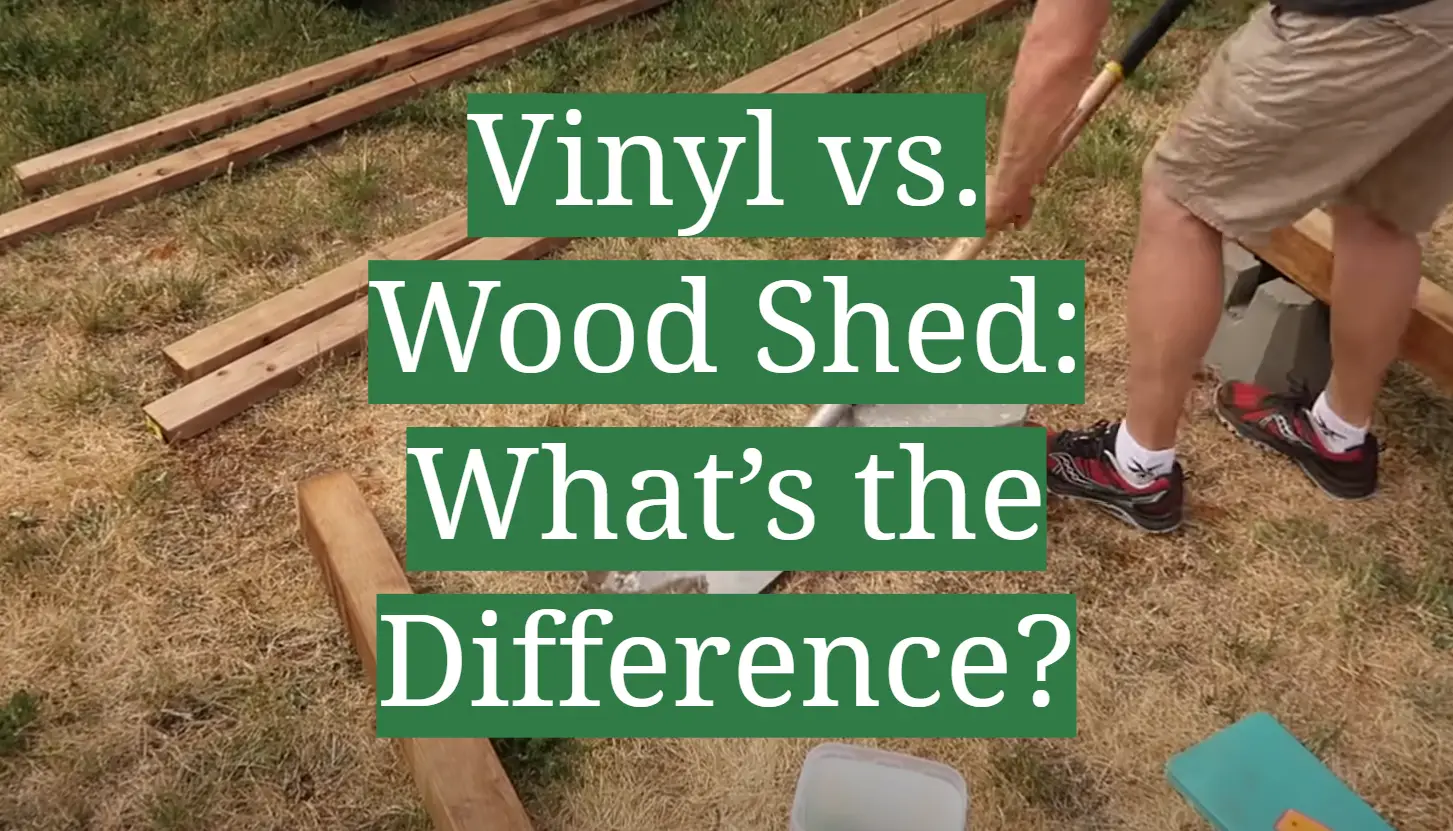
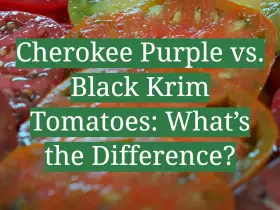
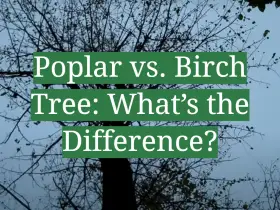
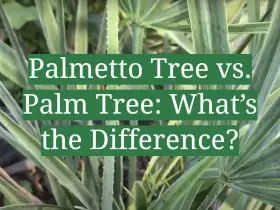
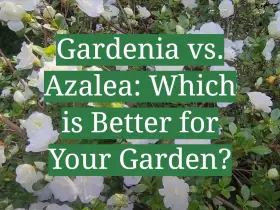
Leave a Reply
View Comments